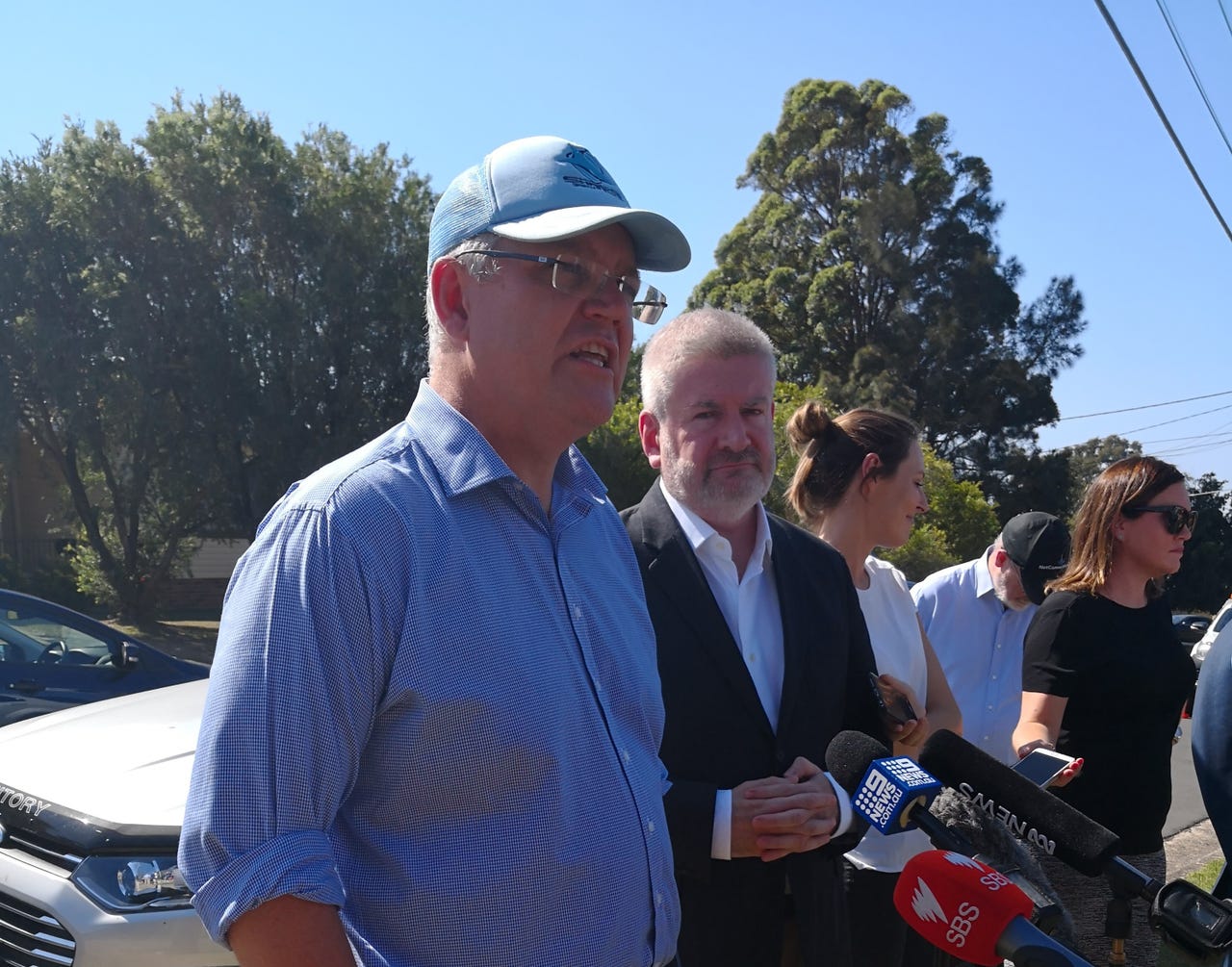Morrison floats legislation written in code


Morrison with then Communications Minister Mitch Fifield.
Australian Prime Minister Scott Morrison hopes to see legislation written in code within the next decade.
Speaking at the Institute Of Public Administration on Monday, self-proclaimed regtech fan Morrison said digital technologies could demystify the regulatory process of all three layers of Australian government.
"Because when [legislation] is written in code then that makes for its very rapid implementation and application to the various practices it is seeking to regulate," Morrison said.
"See, regulation is supposed to help get better decisions. I don't think the public sees it that way because it often can't see the benefits of what the regulation is intended to achieve."
Morrison said there was "no reason" why a cad file couldn't be uploaded for a real-time building approval.
"That's totally possible but we're not doing it. But I think that's a good goal to set," he said.
The Prime Minister also said the interconnectedness of the government's IT platforms was a big challenge.
"The silo mentality isn't just limited to how we make decisions through public service," Morrison said.
He added that the result of an IT project should make the jobs of public servants easier, by getting services to the public.
See also: Why Australia is quickly developing a technology-based human rights problem (TechRepublic)
Morrison also reiterated the government was looking to have all its services available digitally by 2025.
"This is part of a broader transformation, of challenge that includes tailoring policies and service delivery to individuals and local communities and using data and analytics for better policy and service delivery," Morrison said.
"Just as technology opens up new opportunities, it also creates new vulnerabilities. Whether it be working through the ethical and privacy dimensions of the digital revolution or protecting our systems and our national security from malicious cyber activity, the Australian government cannot be anywhere but on the forefront, on the frontier of that activity."
Last month, the government confirmed it would continue with its contentious robo-debt program.
According to Minister for Government Services Stuart Robert, across Australia, as at 30 June 2019, there were 1.54 million outstanding social welfare debts, which he claimed had a value just shy of AU$5 billion.
Robert said of the 800,000 finalised income compliance reviews conducted by DHS since 1 July 2016, 80% had resulted in a debt being collected.
"This government like all governments has a lawful responsibility to collect where citizens have mismatched what they said they'd earn versus what, through their tax return, they've been shown to earn," he said.
The newly-renamed department Robert has oversight of, Services Australia, is currently in the midst of a six-week review to determine a strategic plan for the department formerly known as the Department of Human Services.
Robert, who in October was found to have spent 20 times more than other MPs on his home internet -- clocking up more than AU$2,000 a month and blaming "connectivity issues" for the high costs -- assumed responsibility for Services Australia in late May, following ministry changes announced by Prime Minister Scott Morrison after his election win.
Related Coverage
- Australian government, spooks, and industry all on different cyber pages
- Snake and ladders as Australian broadband realigns towards NBN
- Personal data of Australian visa applicants reportedly leaked following email typo
- Australian Taxation Office portals and online services are down once again
- Amazon Web Services scores Australia-wide government cloud deal